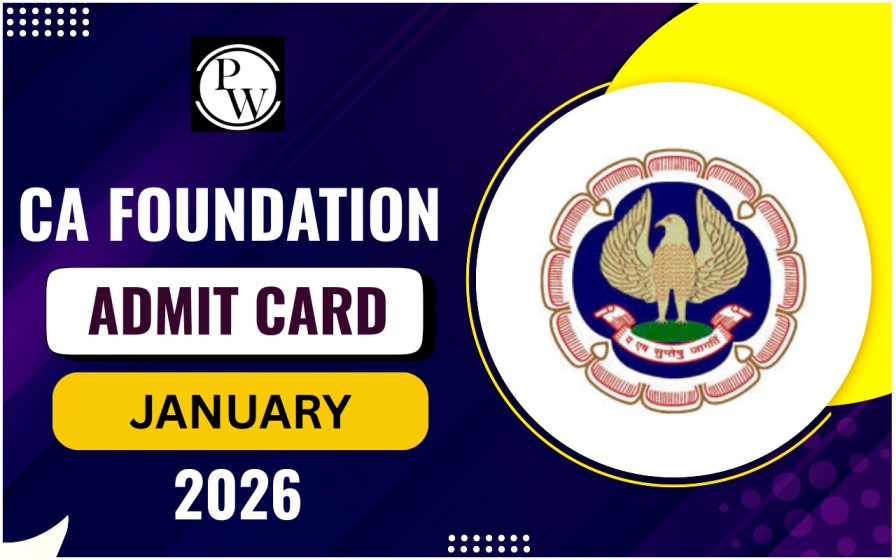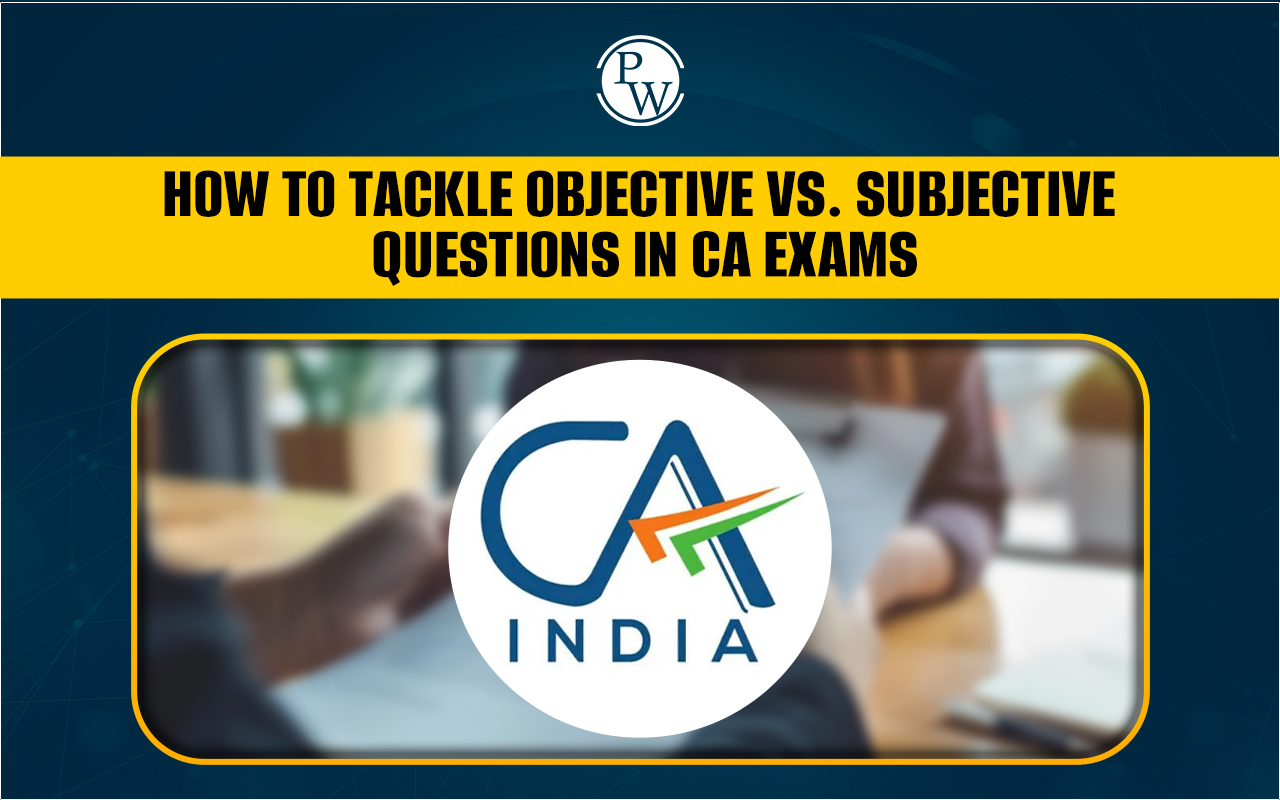
In business, Company Formation and Incorporation represent the foundation of every venture. Whether you’re a CA student preparing for exams or an entrepreneur aiming to start a business, understanding these concepts is essential. Company formation involves registering a business legally, while incorporation is a step further, giving the company a legal identity separate from its owners. This article details the types of companies, steps involved, legal frameworks, and key benefits, providing a strong foundation for company formation and incorporation.
What is Company Formation?
Company formation refers to the process of registering a business with the relevant government authority. This step makes the company recognized legally and allows it to operate within the country’s legal framework. Company formation is typically overseen by the Ministry of Corporate Affairs (MCA) in India, and the process varies based on the type of company being formed.Types of Companies for Company Formation and Incorporation
Selecting the right structure is crucial for company formation and incorporation. Each type has its own rules and advantages:Private Limited Company
Requires at least two members and can have up to 200 shareholders. Shares cannot be traded on public exchanges, making it suitable for small and medium-sized businesses.Public Limited Company
Requires a minimum of seven shareholders and can issue shares to the public. This structure is ideal for businesses aiming for significant capital through public investments.One Person Company (OPC)
Suitable for solo entrepreneurs, allowing a single individual to manage and own a company. However, it cannot have more than one shareholder.Section 8 Company
This is a non-profit organization created to promote commerce, charity, science, art, education, or sports. It has special exemptions and must ensure that profits are reinvested in the purpose.Limited Liability Partnership (LLP)
LLP combines the benefits of a partnership with limited liability. It allows partners to share profits while protecting their personal assets from business liabilities.
Pre-Incorporation Steps
In Company Formation and Incorporation before incorporating a company, these steps need to be taken:Digital Signature Certificate (DSC)
Directors need a DSC for digital verification of documents filed on the MCA portal. DSC is obtained from government-approved agencies and is crucial for all electronic filings.Director Identification Number (DIN)
Each proposed director must obtain a DIN from the MCA, which is a unique identification number required for every director across all companies in which they serve.Choosing a Company Name
The company name must be unique and align with MCA’s naming guidelines. Once chosen, it must end with “Private Limited” or “Limited” as appropriate, and ensure it doesn’t infringe on existing trademarks.Drafting Key Documents
Memorandum of Association (MOA) : The MOA is the constitution of the company, defining its scope, powers, and objectives. It specifies the business activities the company can engage in, thus legally binding it to these purposes. Articles of Association (AOA) : The AOA serves as a rulebook for internal management, outlining governance procedures, director roles, shareholder meetings, and dispute resolutions.Incorporation Process
The incorporation process in India is now highly streamlined through the MCA portal, thanks to the introduction of the SPICe+ form.- Apply for Name Reservation : Start by filling out Form SPICe+ (Part A) on the MCA portal to reserve a unique name. Once approved, the name remains reserved for 20 days for private limited companies and 60 days for public limited companies.
- Filing Incorporation Documents : The SPICe+ form’s Part B handles the incorporation process, requiring information like directors’ details, registered office address, and authorized capital. Additionally, attach supporting documents like identity proof and address verification of directors.
- PAN and TAN Application : SPICe+ allows you to simultaneously apply for a Permanent Account Number (PAN) and Tax Deduction and Collection Account Number (TAN), essential for tax compliance and financial transactions.
- Issue of Certificate of Incorporation (COI) : Once approved, the ROC issues the Certificate of Incorporation. The COI is an official confirmation of a company’s existence, containing the Company Identification Number (CIN), which serves as its unique ID.
Also Check: Business Laws The Limited Liability Partnership Act, 2008
Post-Incorporation Compliance
Post-incorporation compliance ensures that the company operates legally and transparently: Registered Office Setup : A company must have a registered office for correspondence within 30 days of incorporation. It can be temporary initially, but a permanent address must be registered with the ROC eventually. Company Seal : Although not mandatory, many companies use a common seal for official documents and contracts. This seal represents the company’s identity and gives an official touch to documents. Share Certificate Issuance : The company must issue share certificates to all subscribers within 60 days of incorporation. These certificates act as proof of ownership for the shareholders. Statutory Registers : The Companies Act mandates companies to maintain statutory registers, including:- Register of Members : Lists all shareholders.
- Register of Directors : Contains details of all directors.
- Register of Charges : Records any collateral or assets offered as security.
Legal Framework and Important Sections
For a CA student, familiarity with key sections of the Companies Act is essential: Section 3 : Defines the formation and types of companies under Indian law. Section 7 : Outlines the incorporation process, listing necessary documents like MOA, AOA, and subscriber details. Section 12 : Provides requirements for establishing a registered office, including filing documentation within 30 days. Section 152 : Specifies rules regarding the appointment of directors, their qualifications, and the minimum and maximum number permissible. Each section ensures that the incorporation process is smooth, legally compliant, and avoids future complications.Key Benefits of Incorporating a Company
Incorporation provides several legal and financial advantages: Limited Liability : Limits shareholders' liability to their shares, protecting personal assets from company debts. Perpetual Succession : The company exists beyond the lifetime of its members or directors, providing stability and longevity. Access to Funding : Incorporated companies have access to various funding sources, including loans, venture capital, and public investment. Tax Benefits : Companies can avail deductions on certain business expenses, reducing taxable income and liabilities. Credibility : Incorporated companies gain more credibility and legitimacy in the eyes of clients, investors, and partners, often attracting more business opportunities.Challenges in Company Formation and Incorporation
Despite the benefits, Company Formation and Incorporation comes with challenges: Regulatory Compliance : Regular filings, financial audits, and compliance with MCA and other legal requirements demand time and expertise. Funding and Resources : Setting up and maintaining a company requires financial resources, sometimes challenging for small businesses. Documentation and Formalities : Any error or oversight in filing documents can lead to rejection or penalties, impacting the process timeline. Tax Implications : Companies must be vigilant about compliance with corporate tax laws, which can be complex and subject to frequent updates. A thorough grasp of Company Formation and Incorporation enables CA students to provide sound guidance on structuring and managing new businesses. This knowledge is invaluable in setting up businesses, helping clients comply with legal frameworks, and enhancing operational efficiency through effective company formation and incorporation practices. To further boost your CA exam preparation, explore PW CA Courses , designed to help you crack the CA exams with expert guidance and structured study plans.| Also Read: |
| Supply Under GST |
| Income from House Property |
| Role of Information Technology in Strategic Management |
| Advanced Accounting Financial Statements Of Companies |
Company Formation and Incorporation FAQs
What is company incorporation?
Company incorporation is the legal process of registering a business entity with the Registrar of Companies, creating a separate legal identity under the Companies Act, 2013.
What documents are needed for company incorporation?
Documents required include the Memorandum of Association (MOA), Articles of Association (AOA), ID proof of directors, address proof of the registered office, and digital signature certificates.
How long does it take to incorporate a company in India?
The process generally takes 10-15 days, depending on the completeness of documents and approvals from the Registrar of Companies (ROC).
What are the benefits of company incorporation?
Incorporation offers limited liability, perpetual succession, tax benefits, better credibility, and access to multiple funding sources like bank loans and public investments.
Can a single person incorporate a company in India?
Yes, a single person can incorporate a One Person Company (OPC), designed specifically for solo entrepreneurs to enjoy limited liability and corporate structure.
🔥 Trending Blogs
Talk to a counsellorHave doubts? Our support team will be happy to assist you!

Free Learning Resources
PW Books
Notes (Class 10-12)
PW Study Materials
Notes (Class 6-9)
Ncert Solutions
Govt Exams
Class 6th to 12th Online Courses
Govt Job Exams Courses
UPSC Coaching
Defence Exam Coaching
Gate Exam Coaching
Other Exams
Know about Physics Wallah
Physics Wallah is an Indian edtech platform that provides accessible & comprehensive learning experiences to students from Class 6th to postgraduate level. We also provide extensive NCERT solutions, sample paper, NEET, JEE Mains, BITSAT previous year papers & more such resources to students. Physics Wallah also caters to over 3.5 million registered students and over 78 lakh+ Youtube subscribers with 4.8 rating on its app.
We Stand Out because
We provide students with intensive courses with India’s qualified & experienced faculties & mentors. PW strives to make the learning experience comprehensive and accessible for students of all sections of society. We believe in empowering every single student who couldn't dream of a good career in engineering and medical field earlier.
Our Key Focus Areas
Physics Wallah's main focus is to make the learning experience as economical as possible for all students. With our affordable courses like Lakshya, Udaan and Arjuna and many others, we have been able to provide a platform for lakhs of aspirants. From providing Chemistry, Maths, Physics formula to giving e-books of eminent authors like RD Sharma, RS Aggarwal and Lakhmir Singh, PW focuses on every single student's need for preparation.
What Makes Us Different
Physics Wallah strives to develop a comprehensive pedagogical structure for students, where they get a state-of-the-art learning experience with study material and resources. Apart from catering students preparing for JEE Mains and NEET, PW also provides study material for each state board like Uttar Pradesh, Bihar, and others
Copyright © 2026 Physicswallah Limited All rights reserved.









